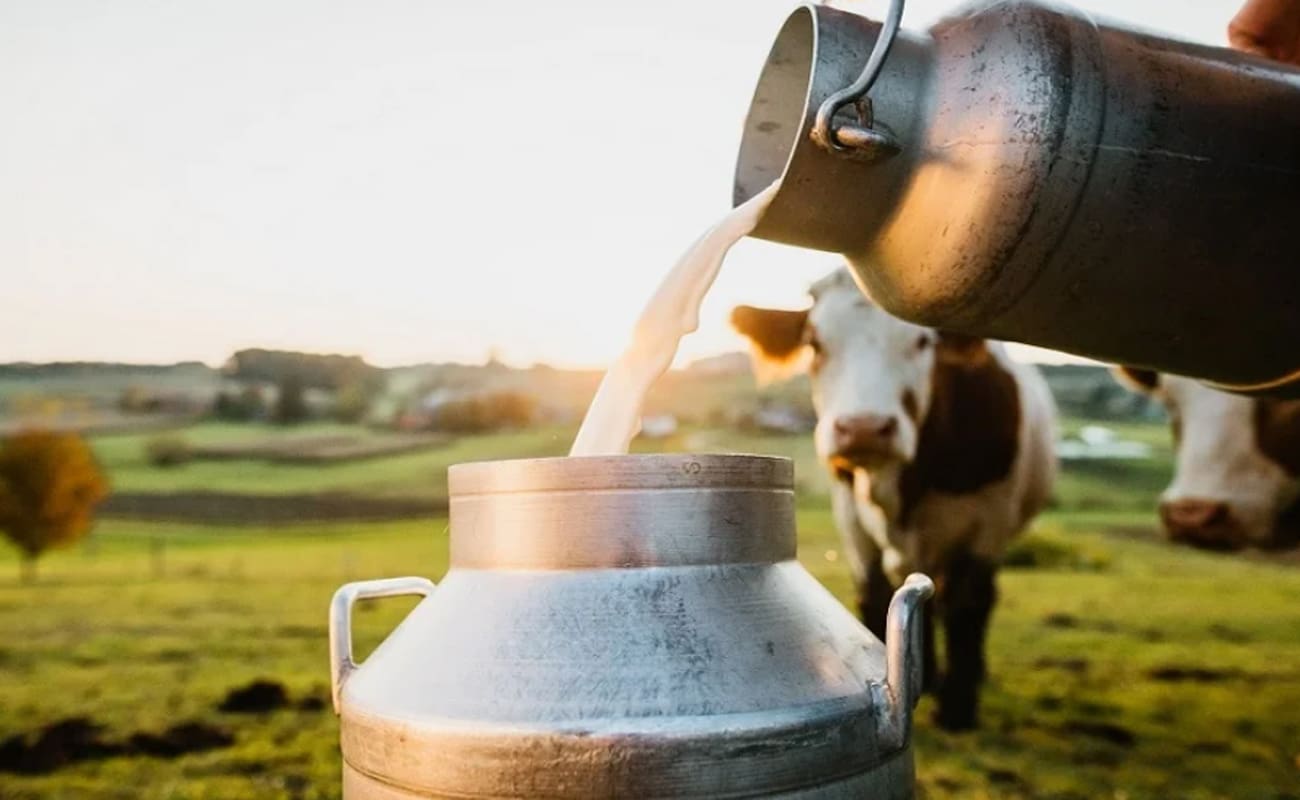Take Action is where awareness turns into empowerment. This category serves as a practical roadmap for individuals who want to align their values with their actions and become active participants in building a kinder, more sustainable world. From everyday lifestyle changes to large-scale advocacy efforts, it explores diverse pathways toward ethical living and systemic transformation.
Covering a wide range of topics—from sustainable eating and conscious consumerism to legal reform, public education, and grassroots mobilization—this category provides the tools and insights necessary for meaningful participation in the vegan movement. Whether you’re exploring plant-based diets, learning how to navigate myths and misconceptions, or seeking guidance on political engagement and policy reform, each subsection offers actionable knowledge tailored to various stages of transition and involvement.
More than a call to personal change, Take Action highlights the power of community organizing, civic advocacy, and collective voice in shaping a more compassionate and equitable world. It underscores that change is not only possible—it is already happening. Whether you’re a newcomer seeking simple steps or an experienced advocate pushing for reform, Take Action provides the resources, stories, and tools to inspire meaningful impact—proving that every choice counts and that together, we can create a more just and compassionate world.
Veganism is more than just a diet—it’s a powerful lifestyle choice that fosters better health, protects animal welfare, and supports environmental sustainability. By embracing plant-based living, individuals can lower their risk of chronic diseases, promote ethical treatment of animals, and reduce their carbon footprint. Packed with nutrient-dense foods like fruits, vegetables, whole grains, and legumes, veganism offers a path to improved well-being while contributing to a kinder world for all living beings. Whether you’re motivated by health benefits or compassion for animals, adopting veganism is a step toward creating a healthier planet and a more compassionate future


























































